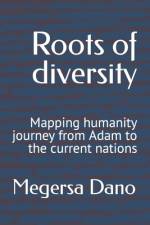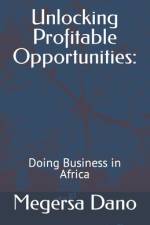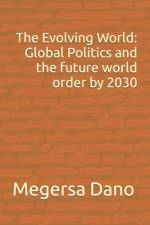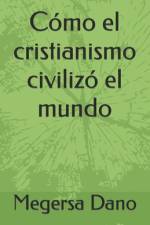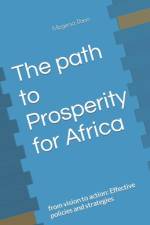- from vision to action: Effective policies and strategies
av Megersa Dano
271
This is a development policy and strategy book prepared by development professionals to be used for students, researchers, policymakers, AU workers, UNECA workers, development consultants, and African development partners. Unleashing Africa's potential for prosperity is not only a possibility but a necessity for the continent's sustainable development. Africa possesses immense resources, a young and vibrant population, and a rich cultural heritage. By implementing strategic policies and embracing comprehensive strategies, Africa can overcome its challenges and unlock its true potential.Through economic diversification, African countries can reduce dependence on limited sectors and create new opportunities for growth. Investing in infrastructure development, such as transportation, energy, and water systems, will enhance connectivity, attract investments, and drive economic activity across the continent.Human capital development is crucial for Africa's prosperity. By prioritizing education, skills training, healthcare, and gender equality, African nations can empower individuals and create a skilled workforce capable of driving innovation and productivity.Agricultural transformation is key to addressing food security, reducing poverty, and boosting rural development. Sustainable farming practices, value chain development, and improved market access will contribute to increased agricultural productivity and profitability.Good governance and institutional reforms are fundamental to creating an enabling environment for prosperity. By strengthening governance systems, promoting transparency, combating corruption, and upholding the rule of law, African nations can attract investment, build trust, and foster a business-friendly climate.Regional integration and intro-African trade through initiatives like the African Continental Free Trade Area (AfCFTA) will enhance market opportunities, stimulate economic growth, and drive industrialization across the continent.Sustainable development and climate action are essential for Africa's future. By embracing renewable energy, adopting Eco-friendly practices, and conserving natural resources, Africa can mitigate the impacts of climate change, promote environmental sustainability, and foster green growth.Engaging the private sector, fostering entrepreneurship, and promoting innovation will unlock Africa's business potential, create jobs, and drive economic transformation. Access to finance, investment opportunities, and supportive policies are crucial in facilitating private sector growth.Africa's success stories and case studies provide valuable lessons and insights for replication and adaptation. By learning from these experiences and building on their achievements, African nations can fast-track their development and achieve prosperity.In order to realize Africa's potential, it requires collective efforts, collaboration, and partnerships between governments, regional bodies, international organizations, the private sector, civil society, and the African diaspora. Together, we can unleash Africa's potential, transform the continent, and create a future of shared prosperity for all its people

